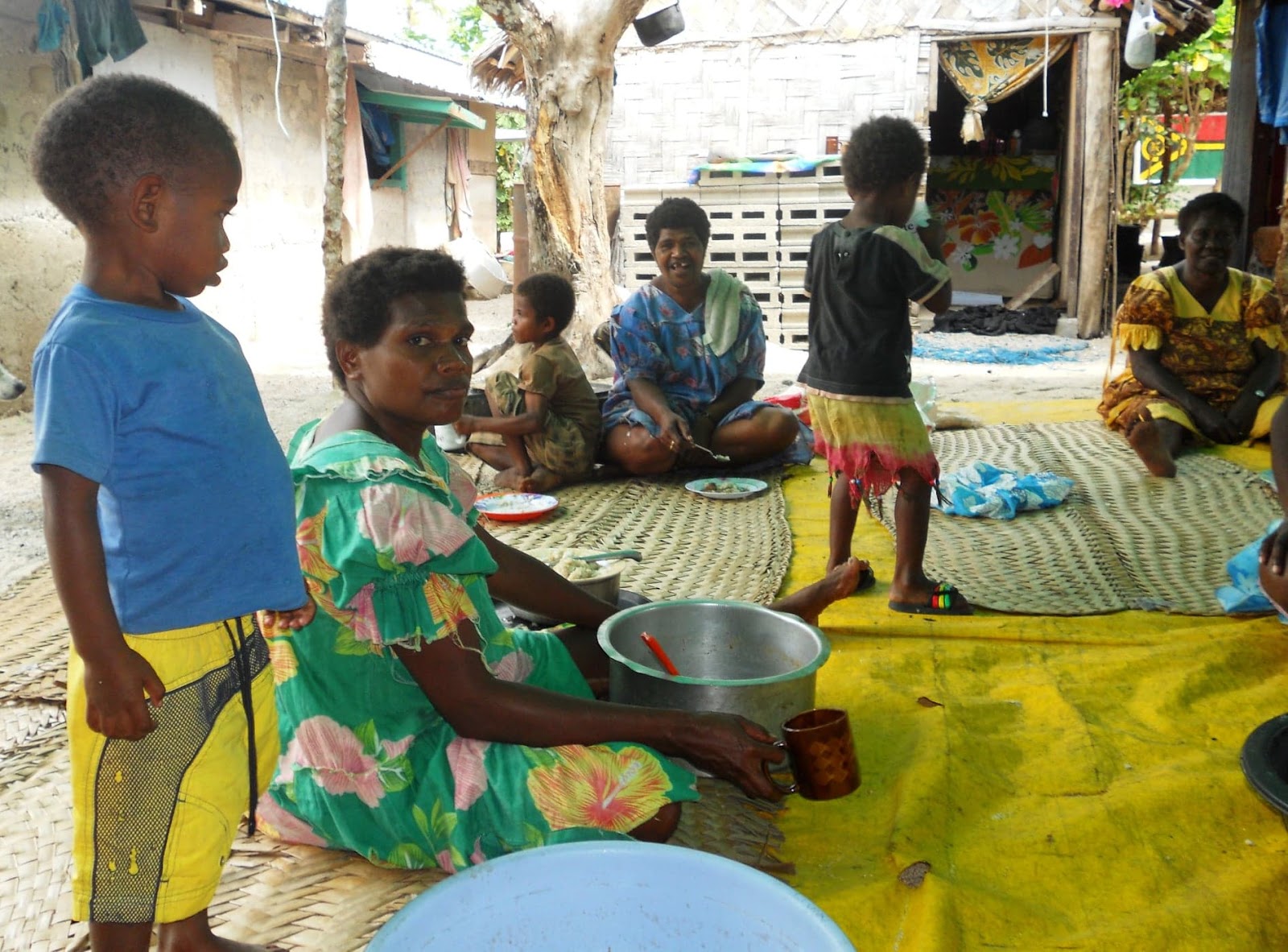BNID’s Board Chair, Lynn Arsenault, has always been passionate about volunteer work. After a friend recommended the experience, she spent her senior year of college gathering her application materials for the Peace Corps. Not long after she graduated from Westfield State University with a degree in education, Lynn set off to spend two and a half years in the small island nation of Vanuatu. She did not know that in those two and a half years her whole perspective on life was going to change.
Vanuatu is made up of 83 islands in the South Pacific Ocean. It is most known for its use in World War II as a base for American troops. The island nation was thrust into the new world when American soldiers arrived and immediately began implementing infrastructure, building telephone lines, barracks, hospitals, and airfields.


Lynn arrived in the nation in 2012, unsure of what to expect. The Peace Corps required two months of training where she began learning the local language, the culture, the responsibilities of the job, and safety. “Learning the local dialect was the hardest part of my experience,” she said. Lynn stayed with a host family who graciously helped her establish the basics in her vocabulary. However, she still felt lost translating English to Bislama in the beginning. “When I returned to the island, I had to thank my host family for being so patient with me because at first I had no idea what they were saying,” said Lynn.
When the time came, Lynn was stationed to volunteer at Emau, which is a small, mountainous island only two miles long and hosts a population of less than 500 people. Here she was the only volunteer on the island. The Peace Corps only sends volunteers to places that request help. Vanuatu needed assistance developing their education system. Many of the children dropped out of school by the time they were in 2nd and 3rd grade. Lynn’s role on the island was to teach students the basics of literacy alongside the other teachers, help find ways to engage students, as well as organizing the library system.
She lived in the teacher’s building, a two room house with no bathroom and a mosquito net protecting her bed. Lynn described waking up to the sounds of roosters and the sunrise to start her day, and having no running water, no electricity, and just a footpath to get to and from school. The island used rain tanks to collect water, and a few times they nearly ran out of water. During these times there was only one bucket of water for the whole day. She’d make her way to the school building where students and teachers would gather on the school grounds and talk and pray before the school bell rang. The school bell was a large piece of metal that was left over from the troops stationed on the island back in the 1940’s.



Lynn tried to keep a schedule on the small island. She tutored students after school and helped paint a world map on the side of the school building. On the weekends Lynn would hike, or tie up a hammock and read. Sometimes she would sit under a mango tree and make friendship bracelets with the kids. They taught her basic survival skills, like what was edible and what should be avoided. Eating was a daily communal activity. She learned firsthand how important community is for countries in need and how it builds resilience. On Emau, homelessness doesn’t exist because everyone is always looking out for each other.
Unfortunately, the effects and dangers of global warming are a reality for the people of the island nation. The islands are eroding, shrinking the landmass day by day. Lynn partnered with a government agency to be a liaison between the chiefs of the islands and helped create a committee so that there could be plans in place for when disasters hit. The plans covered where to go, who the emergency contact was, and how to rebuild after.
Lynn’s Peace Corps experience led her to return to school and get her MBA in nonprofit management and leadership. She went from community driven nonprofit work, to teaching, to nonprofit management and leadership from a business perspective. In this time, she has also reflected on how to be in the nonprofit space as a white woman in a way that isn’t damaging. She accomplishes this by being a listener, not making assumptions, and focusing on the importance of reflecting and thinking about the impact that actions and words indirectly and directly have on communities. She translates her skills from this experience by educating youth and adults about global issues. Along with acting as board chair of BNID, Lynn also has her own start-up consulting firm, where she assists clients across the country in a variety of nonprofit sectors, including the arts, education, health, international affairs, tech, and community development. She helps clients strategize by developing funding goals, identifying prospective funders, providing coaching on grant writing, and advice on how to apply for foundation, corporate, and government grants.
This year, ten years later, Lynn will be returning to the island to watch her students graduate high school.

About the Author
Nicole Scroggie